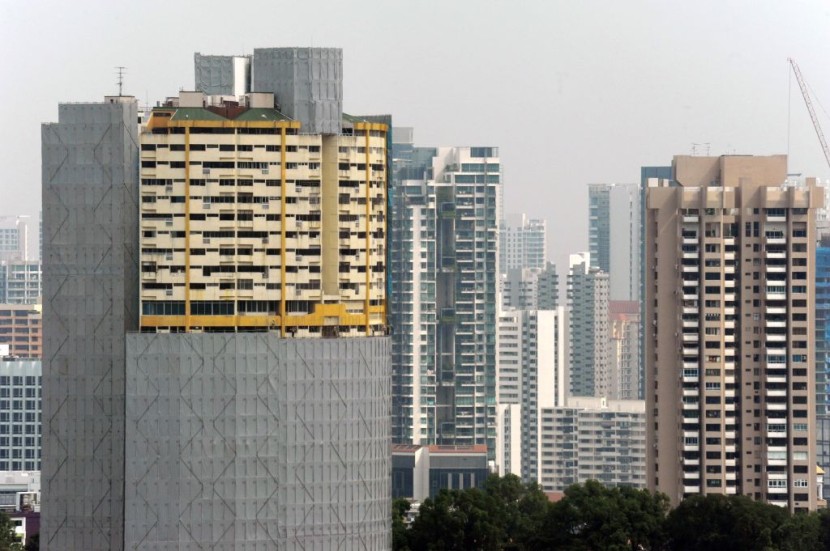There was an increase in the number of luxury condominium units purchased by foreigners in almost a decade before Singapore doubled taxes on purchases by the demographic.
In the first quarter, many foreigners purchased 159 non-landed luxury homes in SG's core central region. The number of luxury condominium units purchased by Chinese buyers increased to 111 units, according to South China Morning Post.
Last month, SG authorities doubled property levies for foreigners to 60%, which is the highest among global cities. This is part of their efforts to cool the housing market. It is a preemptive move as residential property investment demand will continue.
Geopolitical Tensions Lead Foreigners to Buy SG Properties
The increase in foreign purchases of luxury condominium units in Singapore can be attributed to regional geopolitical tensions. As tensions rise between the US and China, many wealthy Chinese investors are looking to diversify their assets and invest in properties overseas. Singapore, with its stable economy and political climate, is seen as a safe haven for investment.

However, the recent doubling of property levies for foreigners may dampen this trend. The high taxes may deter some foreign investors from purchasing properties in Singapore and may lead them to look for alternative investment opportunities elsewhere.
A Global Financial Hub
In addition to the geopolitical tensions, Singapore's appeal as a global financial hub also attracts foreign investors. Various reports have ranked The city-state as one of the top cities for business and investment. Its strategic location in Southeast Asia makes it an ideal gateway for businesses looking to expand into the region.
Furthermore, Singapore offers attractive rental yields compared to other major cities such as Hong Kong or Tokyo. This is particularly appealing to property investors who are seeking stable returns on their investments.
Despite the recent hike in property levies, experts believe that demand for residential properties will continue due to low-interest rates and a limited supply of new units. Developers have also reported strong sales figures despite restrictions on physical viewings during COVID-19 lockdowns.
To address concerns about rising housing prices, SG authorities have implemented measures such as cooling off periods between purchase and sale transactions and limits on loan-to-value ratios for mortgages. These policies aim at preventing speculative buying behavior, which could lead to a bubble-like situation in the market.
Overall, while there may be short-term impacts from increased taxes on foreigners purchasing properties in Singapore, its long-term appeal remains intact, given its status as a regional economic powerhouse with favorable conditions for real estate investment.
Related article : Singapore Prioritizes AI and Alternative Food Talent with New Visa Scheme to Boost Innovation and Economic Growth
© 2026 HNGN, All rights reserved. Do not reproduce without permission.








